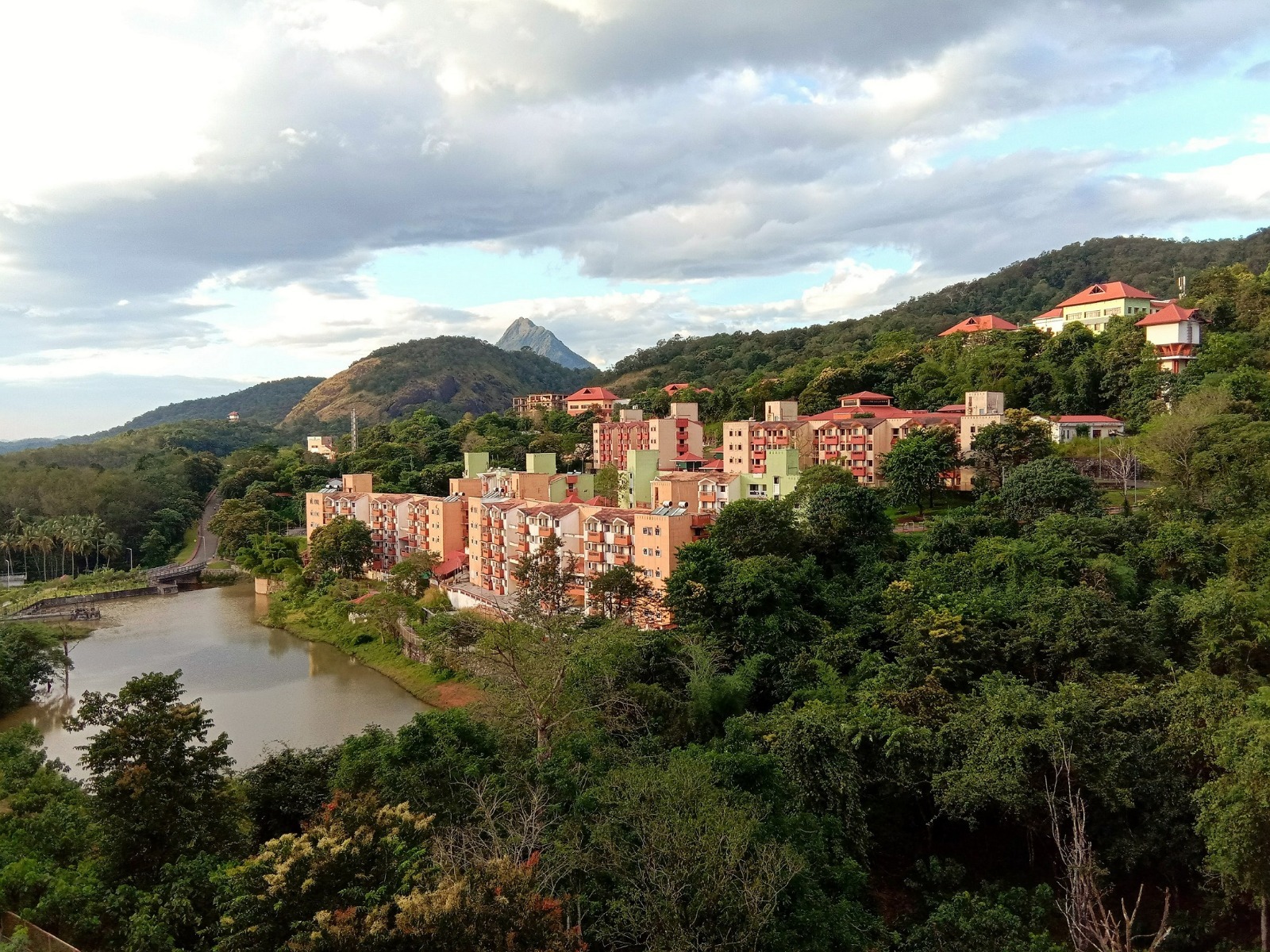
The research has been done in collaboration with IIIT Hyderabad, CNR – Institute of Complex Systems, Italy, and Bar-Ilan University, Israel
Considering that we encounter networks in various aspects of our daily life – the power network, social network, data network, internet, infrastructure, healthcare ecosystems among others, the findings of this research have real-world applications
Thiruvananthapuram, 15th May 2023: Researchers from the Indian Institute of Science Education and Research Thiruvananthapuram (IISER TVM) in collaboration with IIIT Hyderabad, CNR – Institute of Complex Systems, Italy, and Bar-Ilan University, Israel, have used a mathematical framework to answer a 50-year-old question – why are large and complex networks stable?
As abstract as this idea sounds, it has implications in real-life situations. Take the example of biodiversity. About 50 years ago, Sir Robert May studied whether having many different species in an ecosystem was good or bad for the ecosystem. He used mathematics to show that having more species made the ecosystem less stable, contrary to what we experience in the real world. Our ecosystems are stable enough, even with all the biodiversity on earth.
This fascinating work answers the question that has been perplexing scientists for half a century and has been published in the prestigious journal Nature Physics, in a paper coauthored by Dr. Chandrakala Meena, Assistant Professor, School of Physics, IISER TVM; Dr. Chittaranjan Hens, Assistant Professor, IIIT Hyderabad; Prof. Stefano Boccaletti from CNR – Complex Network Institute, Italy, along with Dr. Baruch Barzel, Associate Professor, Dr. Simcha Haber, Assistant Professor and Dr, Suman Acharyya, Postdoctoral Fellow from BIU Israel.
For the past 50 years, Mathematicians have tried to figure out the reason for this diversity-stability paradox – the contradiction between the instability that is mathematically predicted in large systems and the stability observed in real life. The international team of researchers found that May’s calculations did not account for the fact that in large heterogeneous networks, some nodes (e.g. species, in the case of the biodiversity problem) have many more links than others – these nodes could be 10, 100, or even 1000 times more connected than the average. These additional links that were neglected in May’s calculations add to the strength and resilience of the network.
The scientists used a mathematical framework called the dynamic Jacobian ensemble to study the stability of complex systems. This approach uses matrices to describe various relationships inside a system and to understand how small changes can affect its behaviour over time. The researchers found that when a network is large and heterogeneous, it is better able to handle changes and is less sensitive to perturbations.
Explaining the significance of this work, Dr. Chandrakala Meena, Assistant Professor, School of Physics, IISER TVM said, “The stability of systems is a complex problem. If you change something small in the system, it could become unstable, like trying to balance a pole on its end. But in our research, we discovered that even large and heterogeneous networks can be robust. Even if you put a lot of stress on the system or perturb things inside it, it can continue to work as intended because of the additional links. This explains why many natural or manmade heterogenous but large network systems, like our brains and the internet, do not collapse even when many factors in the system change.”
The findings of the IISER TVM scientist and her collaborators have real-world consequences. Our daily life is full of networks – the power network, social network, data network, internet, infrastructure, healthcare ecosystems, and even the genetic network are all massively networked systems with a lot of heterogeneity. Ensuring these complex systems remain stable and functional is a major concern in policymaking and nation-building. The findings of the team show that we can identify the principles that dictate the stability of large complex systems using mathematical principles. This can provide valuable insights for designing stable infrastructure networks or for improving the resilience of large networks, including the fragile ecosystem.
ABOUT IISER THIRUVANANTHAPURAM
Established by the Ministry of Education, Government of India, in 2008, IISER Thiruvananthapuram aims to provide high quality education in modern science, integrating it with outstanding research at the undergraduate level itself, and to develop a spirit of enquiry cutting across disciplines.
IISER Thiruvananthapuram is engaged in research in the frontier areas of basic sciences, with a high degree of autonomy and creativity. The Institute is dedicated to scientific research and science education of international standards. It has state-of-the-art and well-equipped laboratory facilities in Chemistry, Physics, and Biology, and has developed various facilities to promote education with a research aptitude.
Follow IISER Thiruvananthapuram on:
Twitter: @tvmiiser
Facebook: IISER Thiruvananthapuram
________________________________________________________________________________________
MEDIA CONTACT FOR IISER THIRUVANANTHAPURAM
Bhavani Giddu– Footprint Global Communications
Cell: 99995 00262 / Email: [email protected]
Akhil Vaidya – Footprint Global Communications
Cell: 98821 02818 / Email ID: [email protected]
Karuppasamy KS – Footprint Global Communications
Cell: 95787 04419 / Email ID: [email protected]










